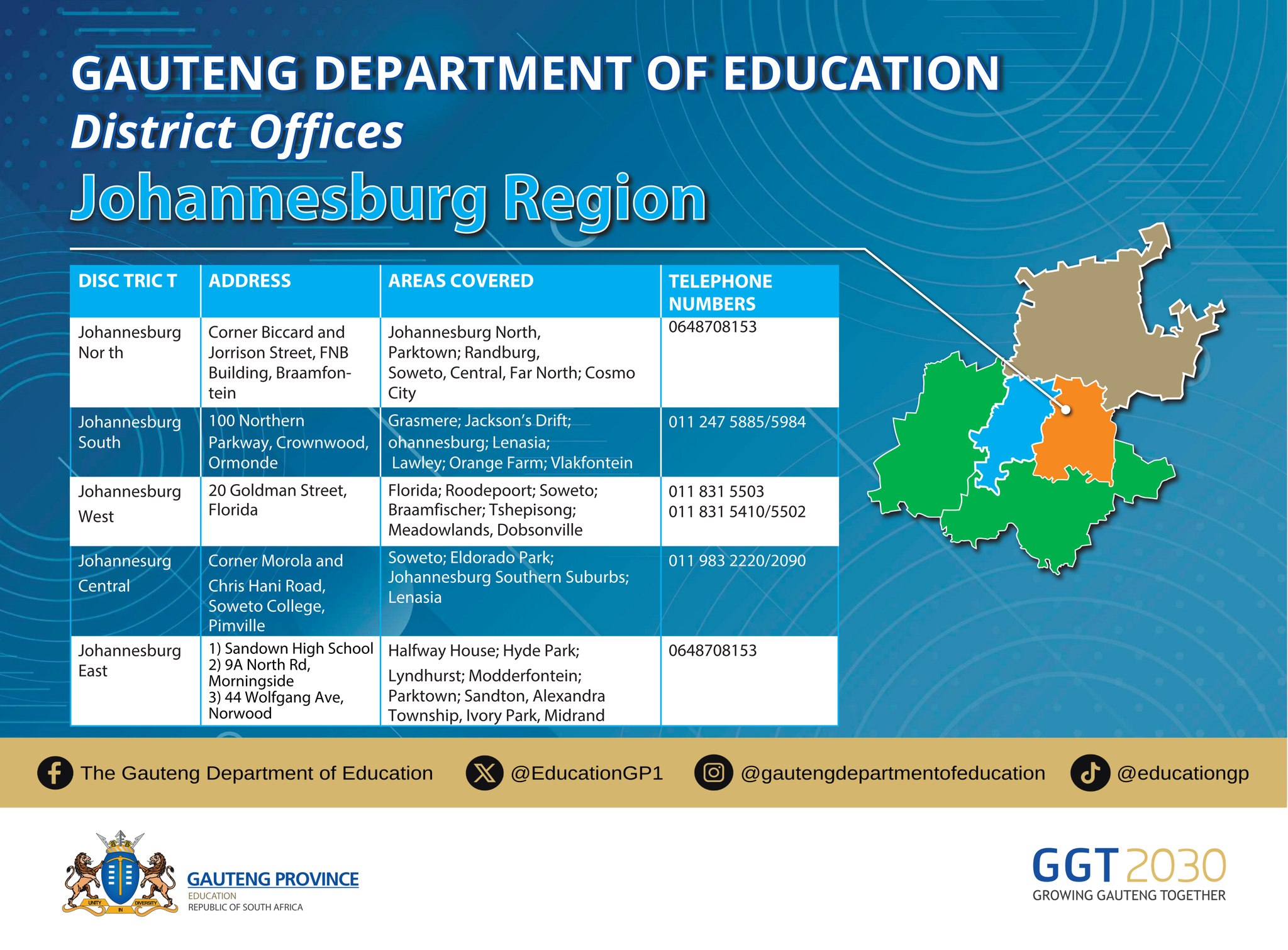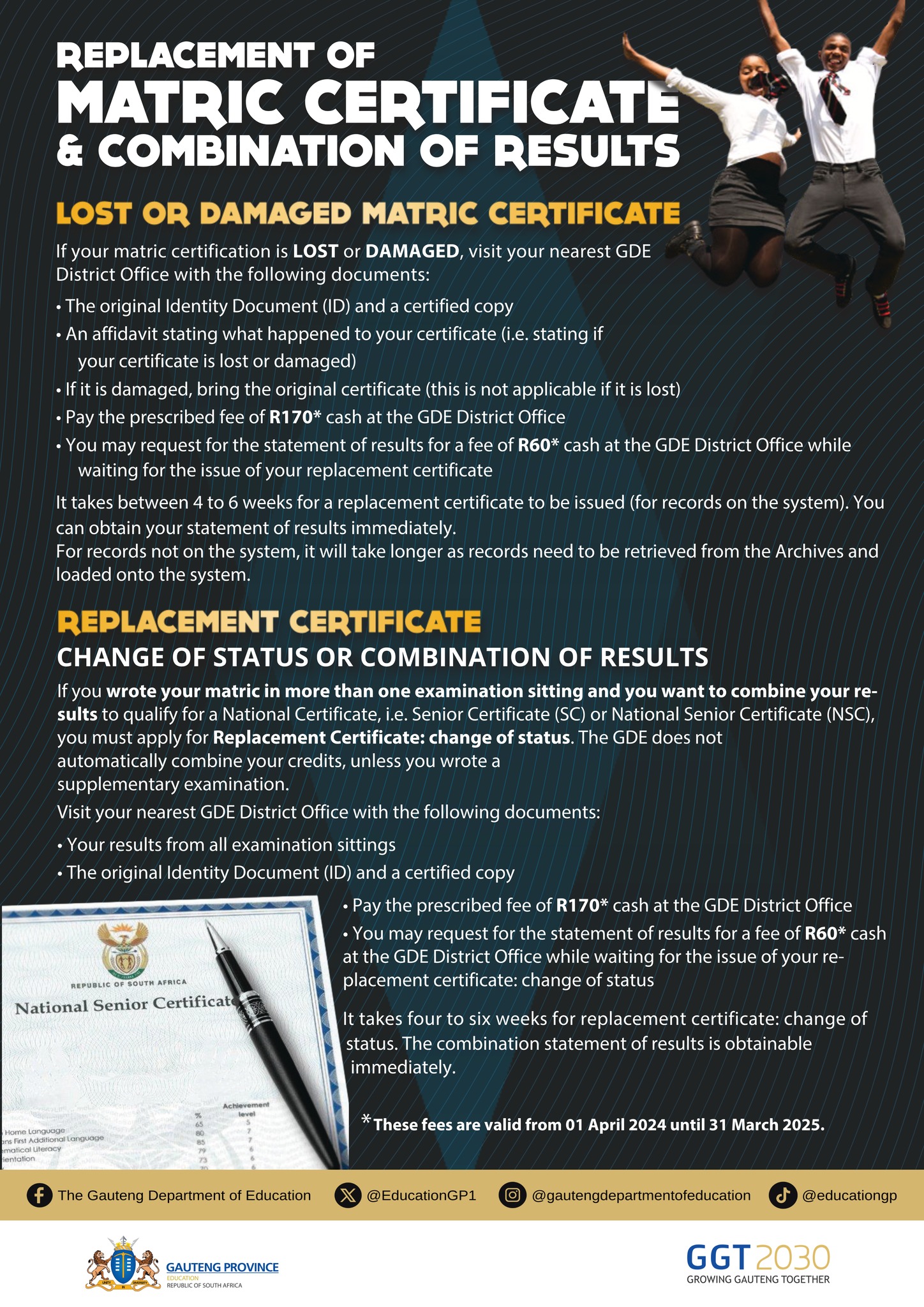By Kgomotso Mpendulo
Don’t Hurry into It – As if the academic stress of learning and preparing for preliminary exams was not enough, we were already programed to be anxious about the year posterior high school. When reprimanding, our teachers would tell us to enroll right after matric to save our brains from hardening inside our thick skulls which resulted into declining newly presented knowledge. I wish someone had asked us not to rush into enrolling for our second options because being excluded from the first option for the reason that space had reached limits or any other reason for that matter; was an abomination.
Allow thorough mental processes to take place and therefore measured decision-making. Those who took a gap year were frowned upon, as if they didn’t have bright futures. In fact learners of that choice were bright enough to accept that in all this there existed a pre-requisite to come down the matric high, clear the mental and restart. Basically, unlearning behaviors that in eventuality should be purged. There were pressures applied by different points such as national funding schemes financing a single qualification which meant that if one enrolled for their least preferred course, they would be stuck in it and find the study period dragging. Parents also contribute to this rush by openly expressing sentiments suchlike not wanting umahlalela (a-stay-at-home personnel) . Rushing into it makes post-learners vulnerable to associate with scammers and eventually enroll with fly-by-night institutions. Institutions have a propensity to profit from this rush and indecision.
Tertiary Institutions are like any other institution – Fundamental to fathom that all institutions consist of anybody and everybody. People from all walks of life. Good and bad people. Disguising experiences of the universe that one will never know of by just looking at a person. For a person is not written. So, the advice would have been be to be kind without being blind. And hope our opportunities will survive the opportunists. We wished someone told us to install an adaptive skill to master in relation to all else who we come to interact with. Occupants of such spaces are easy to influence one’s personhood, so it is better to walk in with knowledge of self, or simply establish one. We wished we learnt it sooner, we hung on hoping that they taught us earlier that someone else’s perception of us was not within our control, it was way beyond. That we should not keep our authentic selves boxed. That we should be proud of where we come, where we are and where we are headed.
To be told Not Do Ourselves A Disservice – To make use of the resources that are availed to us is what we should have known. Engage in sports or dance to keep balance and discipline attained through being one with the body. An involvement in activities that stimulate a mental orientation. Universities and colleges provide psychological support services, at core are intended to resolve one’s other issues so they can cope for the sake of academic prosperity. To make use of advice counselors to stay informed as one navigates their path through the academy. To be open to a sky of opportunities, possibilities and probabilities.
To Not Blame Everyone – Yourself like a commander responsible for the lives of the squad under his instruction, in a quest to accomplish his mission, tested in war. He takes accountability for the most unfortunate of adversities which may be the unforeseen outcomes. We wished we had been told to own everything in our world. To accept responsibility for our failures and weaknesses so we are enabled to recognize where consistency is due. At this point we wish someone could just tell us to take ownership and cease blaming it on people who should have told us but did not. To own our reality and take from what we heard when they asked us to listen. To be objective when setting goals, no matter what has been said or unsaid. It is time we tell ourselves what we wished we should have been told.
Interconnectedness Between the Freedom of Choice, Motivation, and Zero Regrets. Before enrolling one must face the facts through a realistic introspection and a brutally honest assessment of themselves thereafter one freely makes a choice to study a course of their liking and passion. That then facilitates staying motivated with the choice made. It is with motivation that there can be a willingness to deal with challenges accompanying our choices; motivation inspires one to do better. And when things get tough because they do, the decision maker handles without dwelling in regret.










